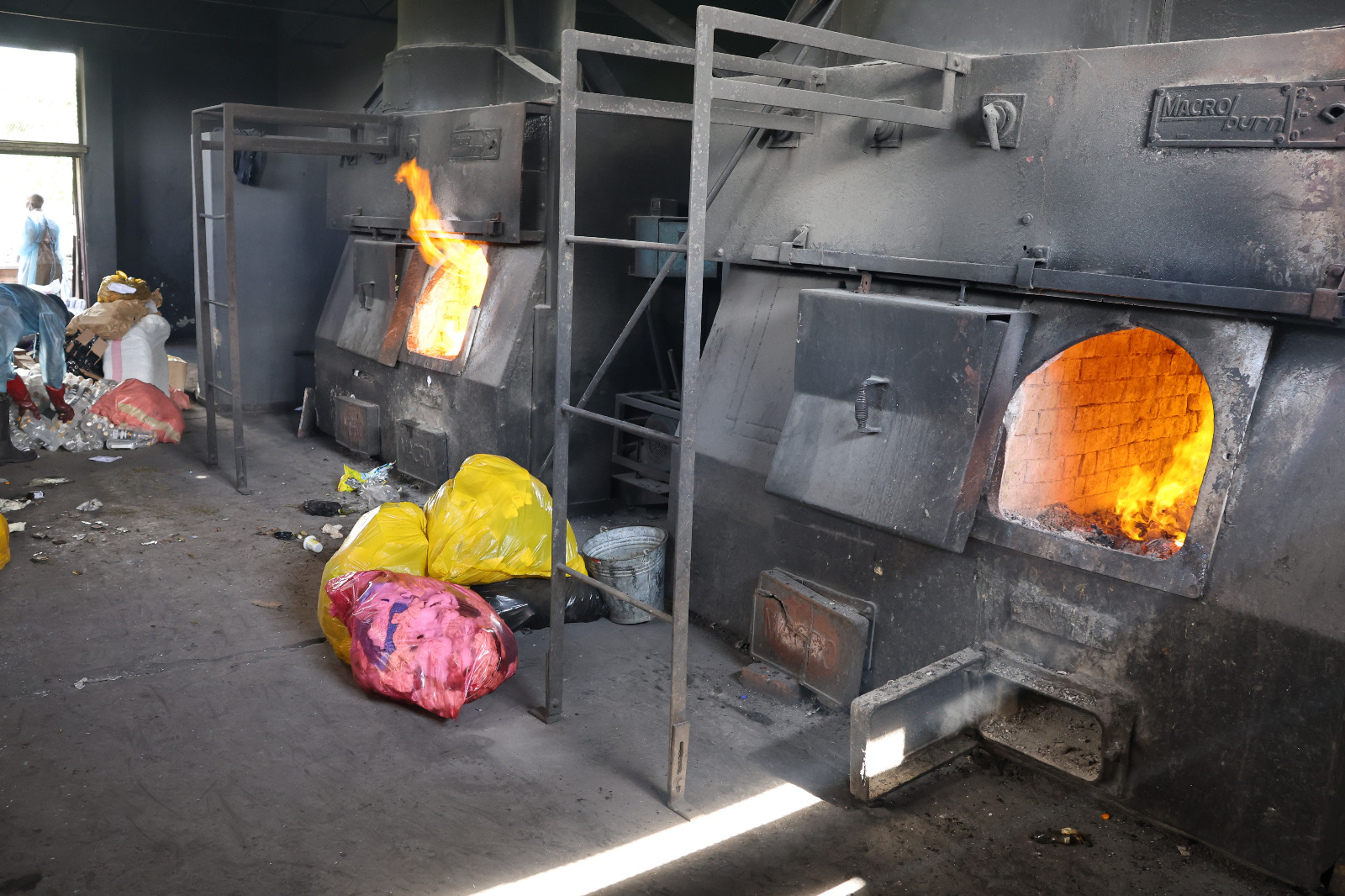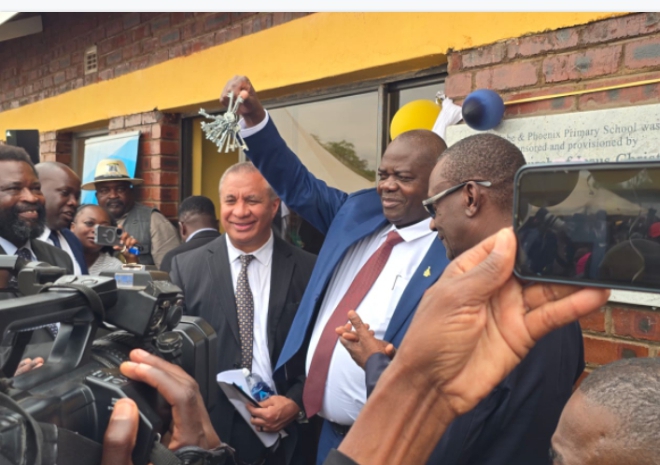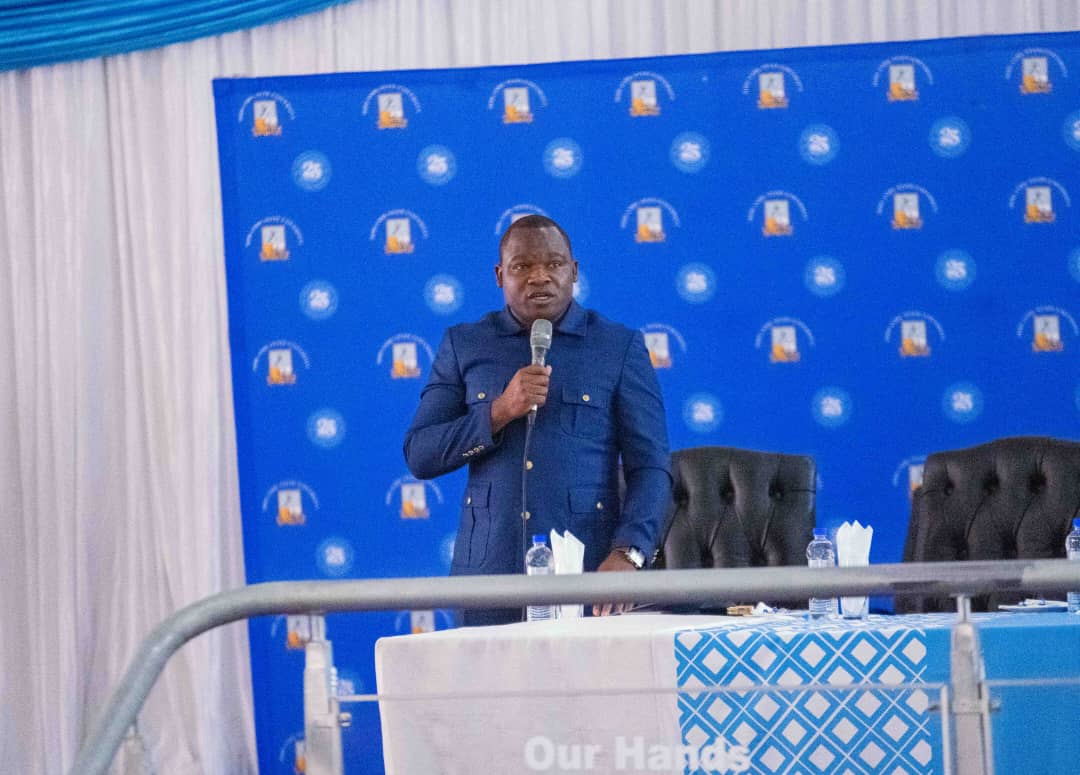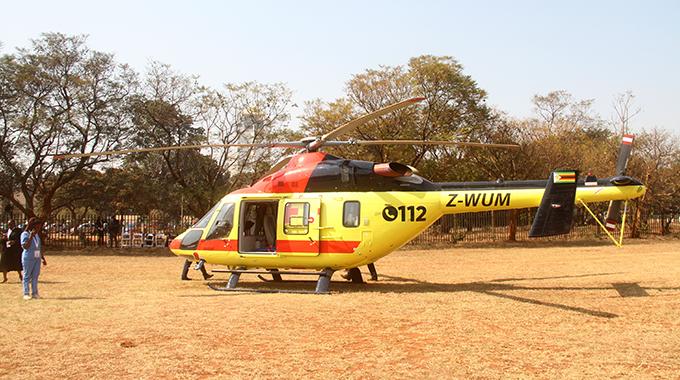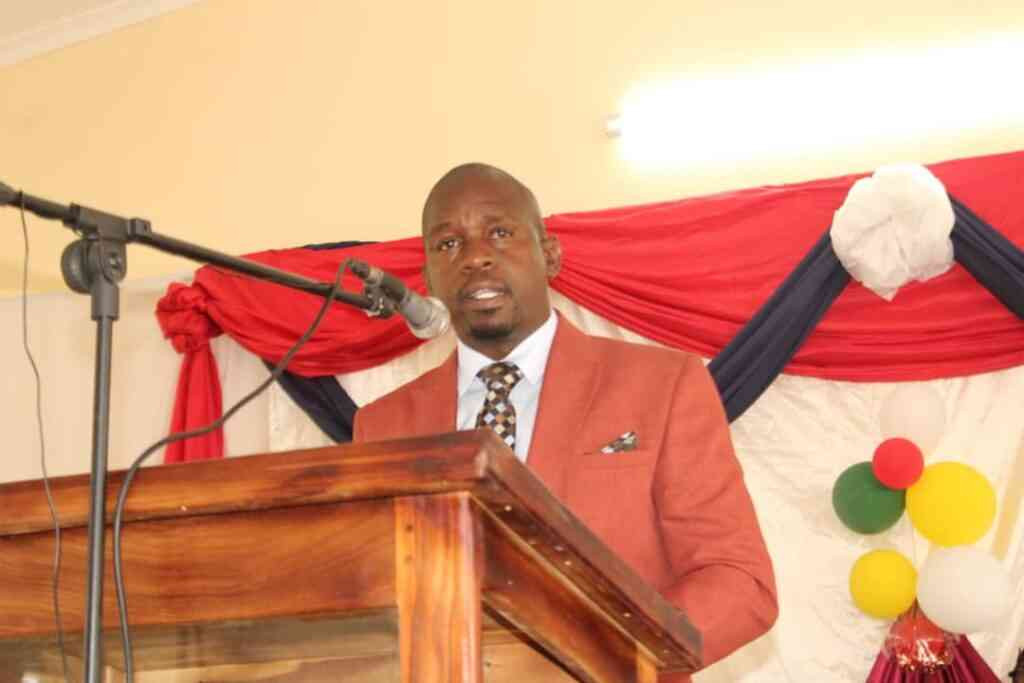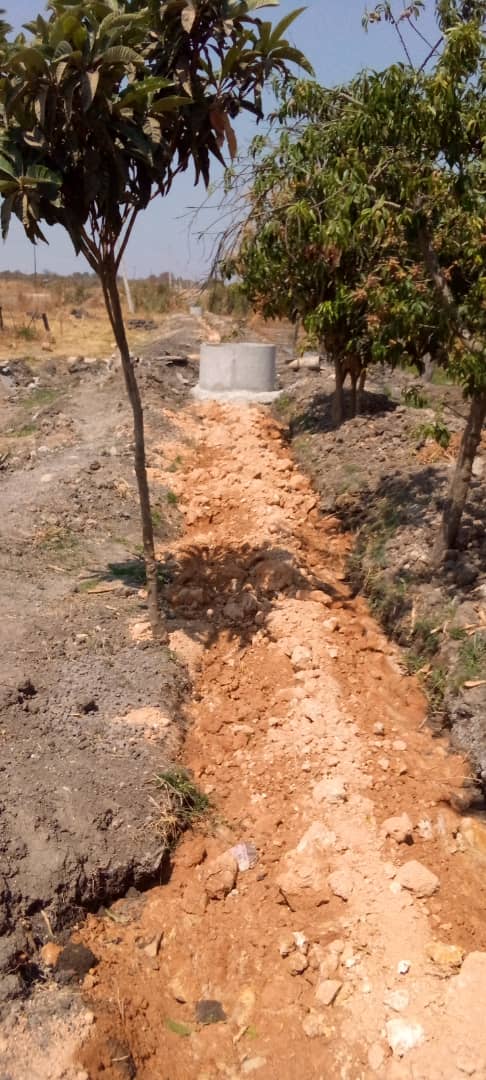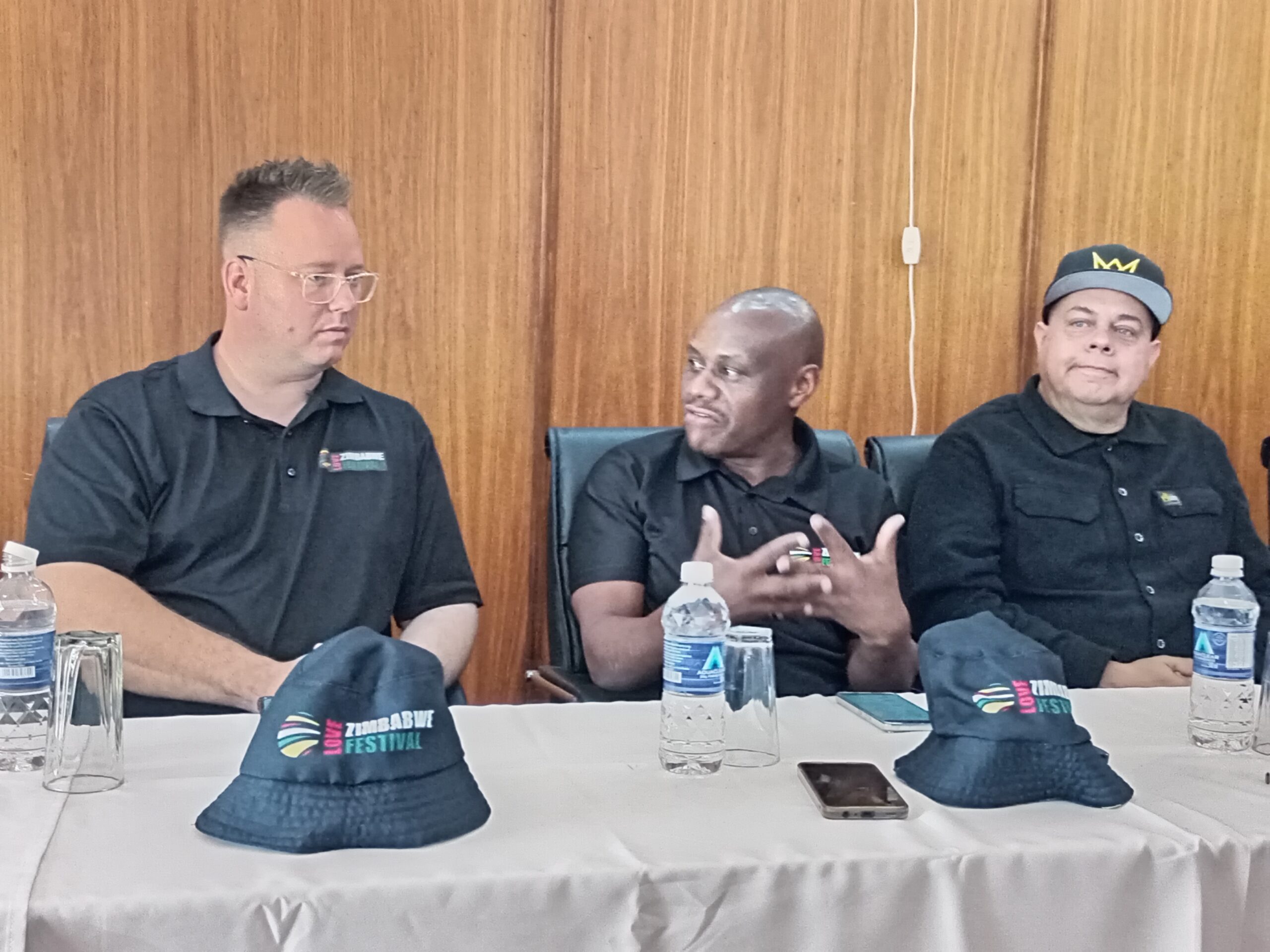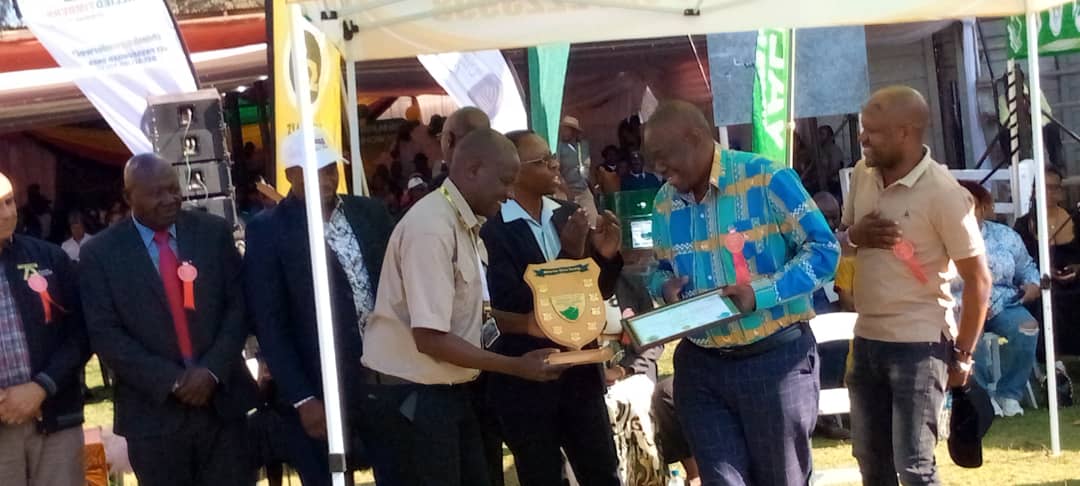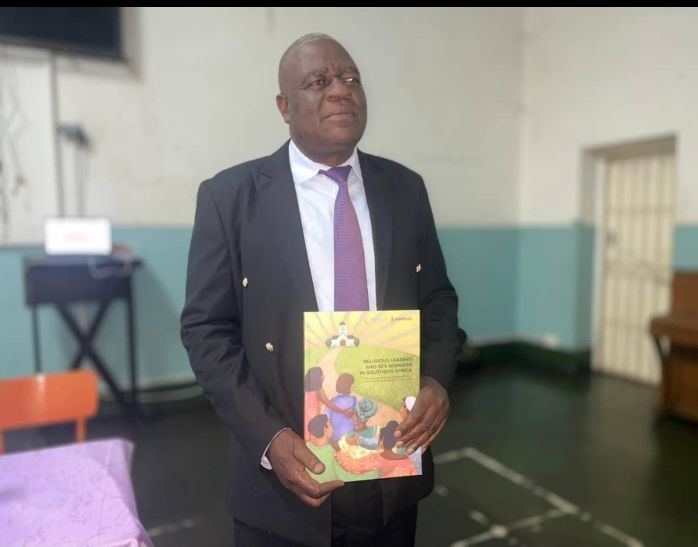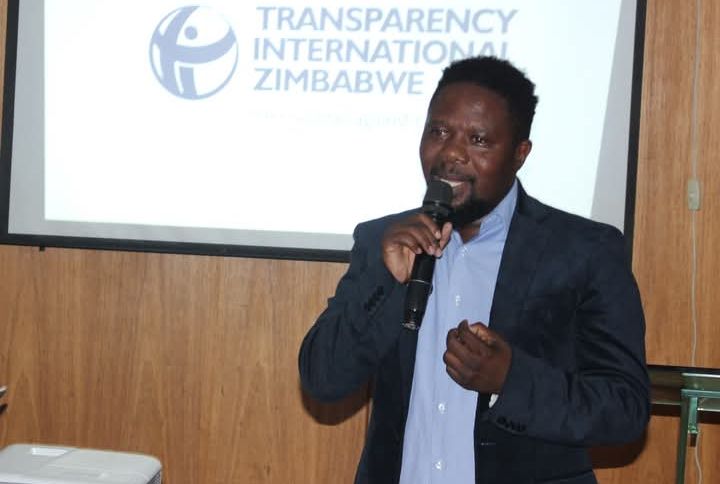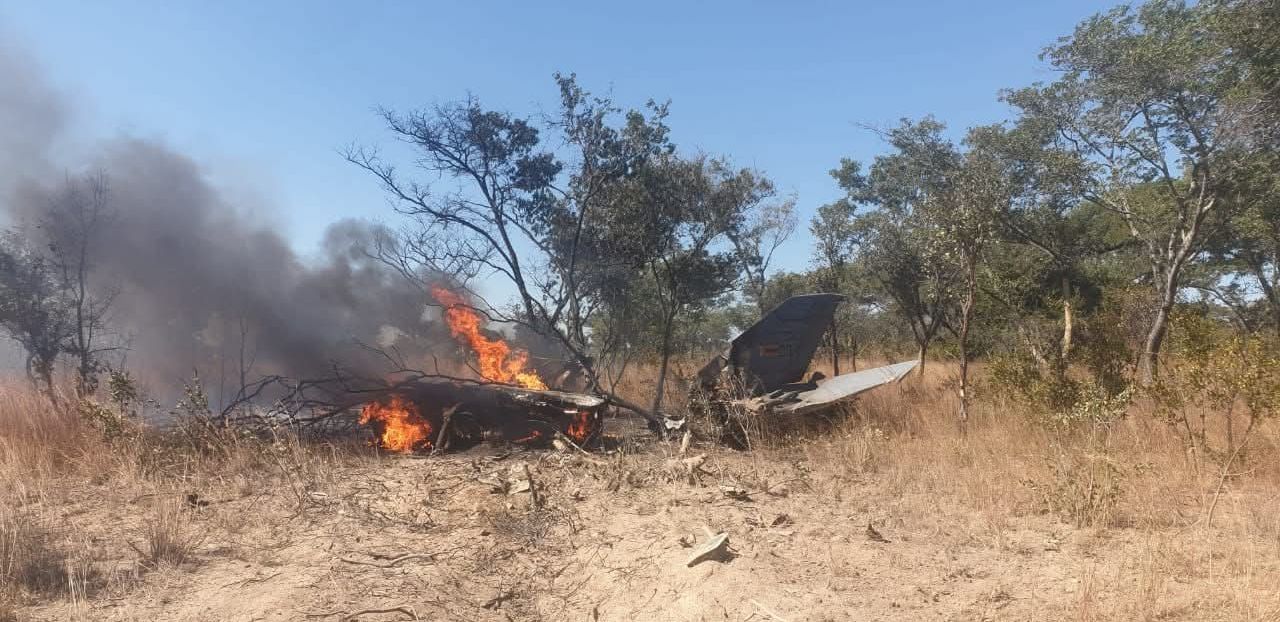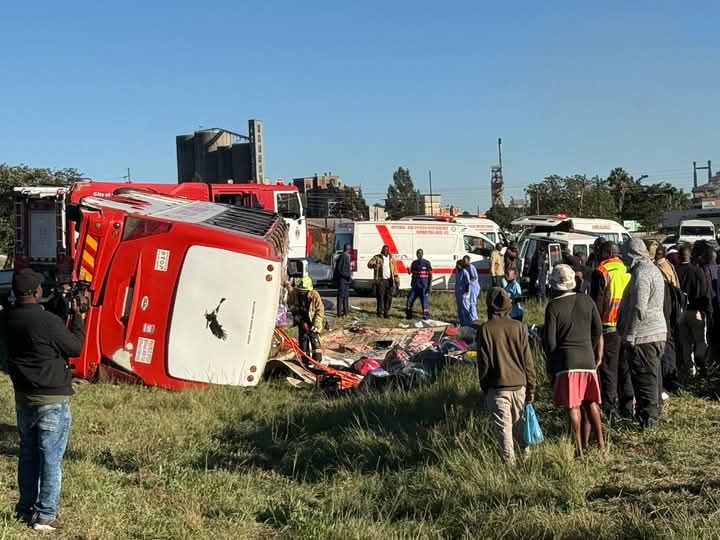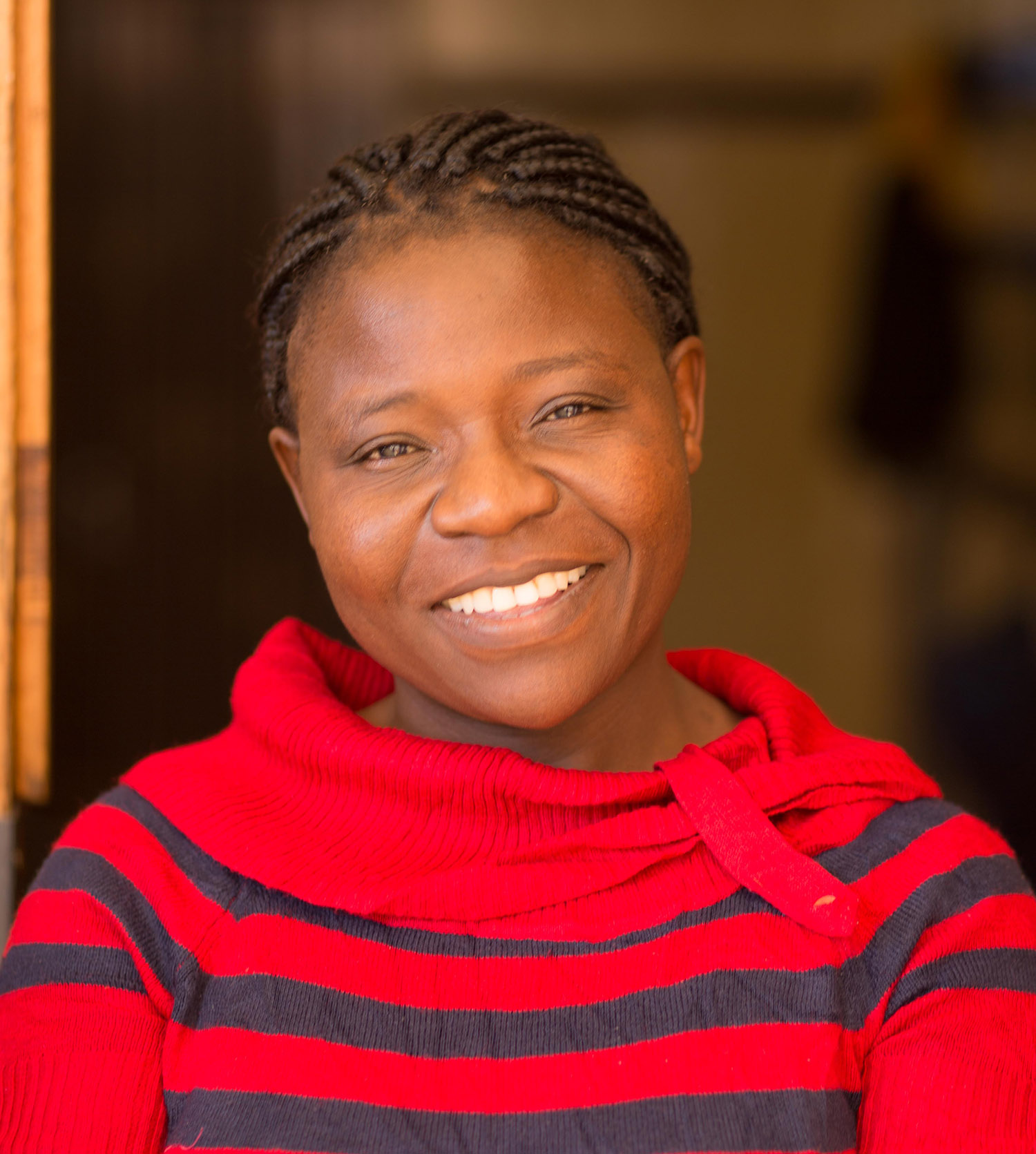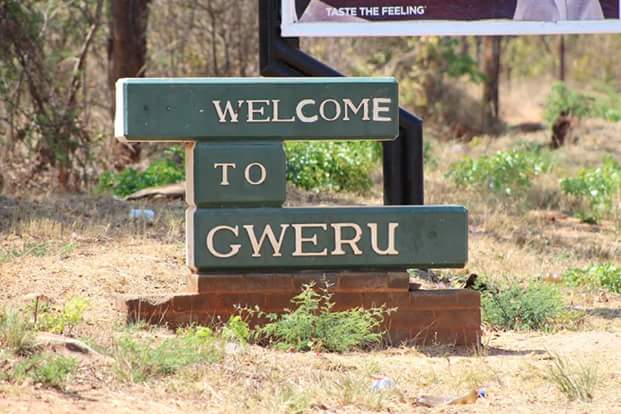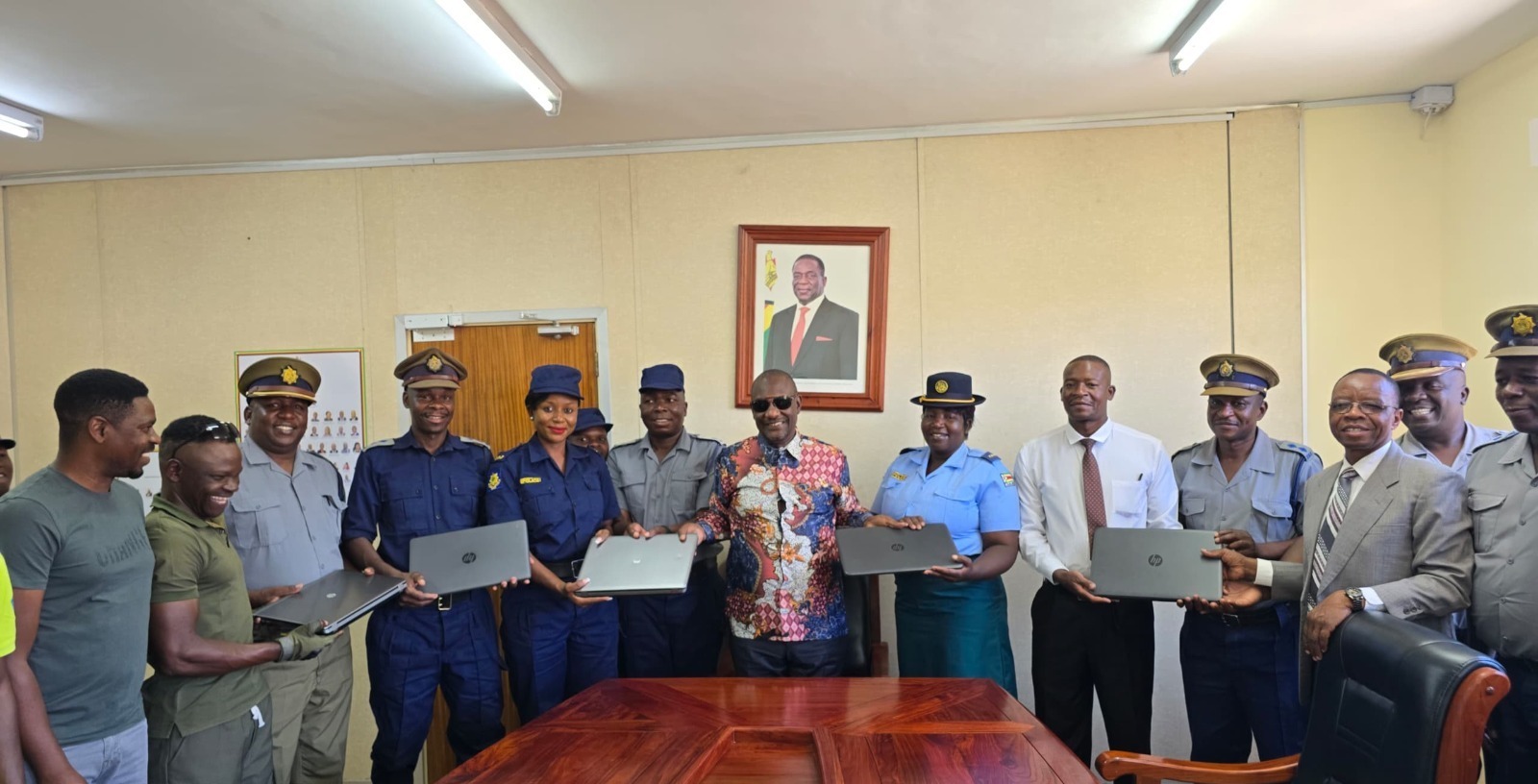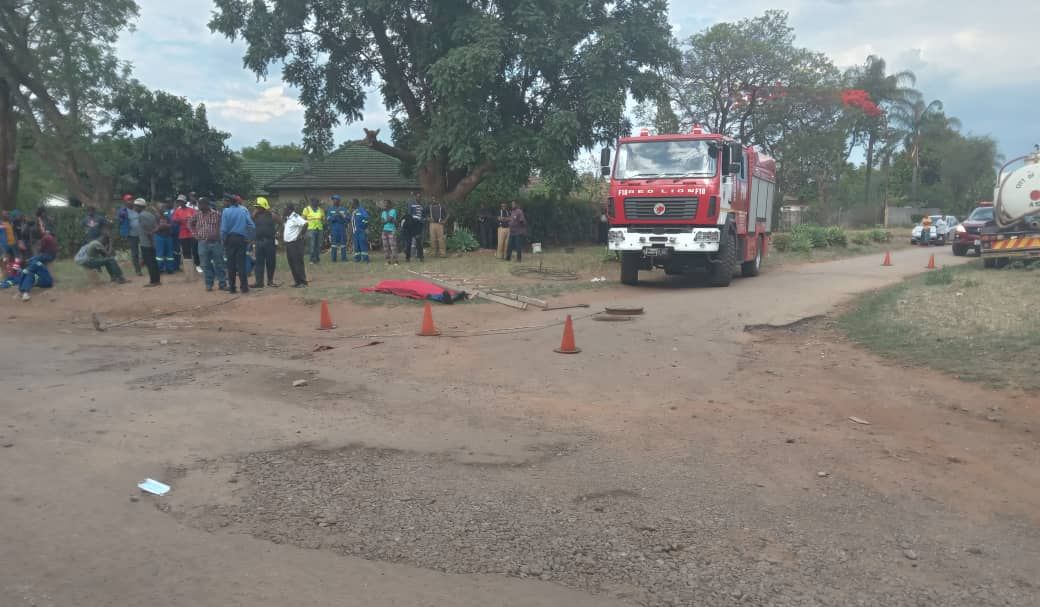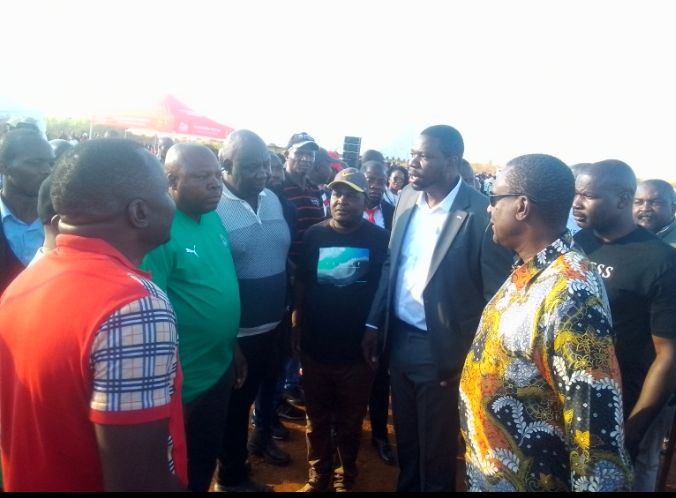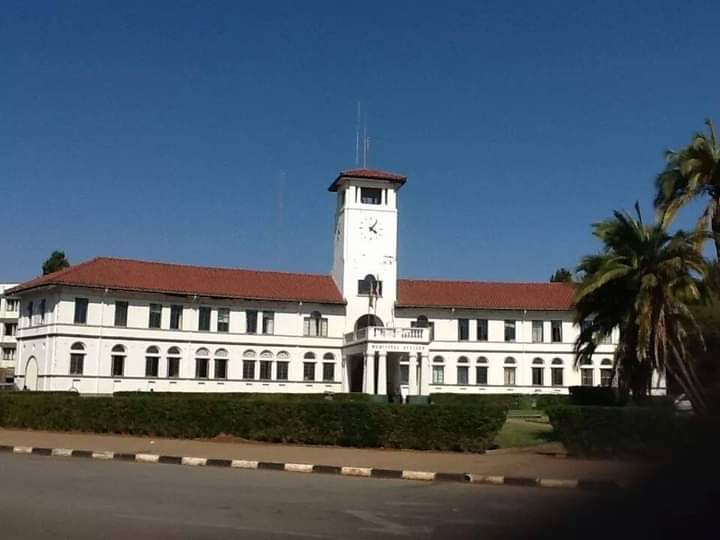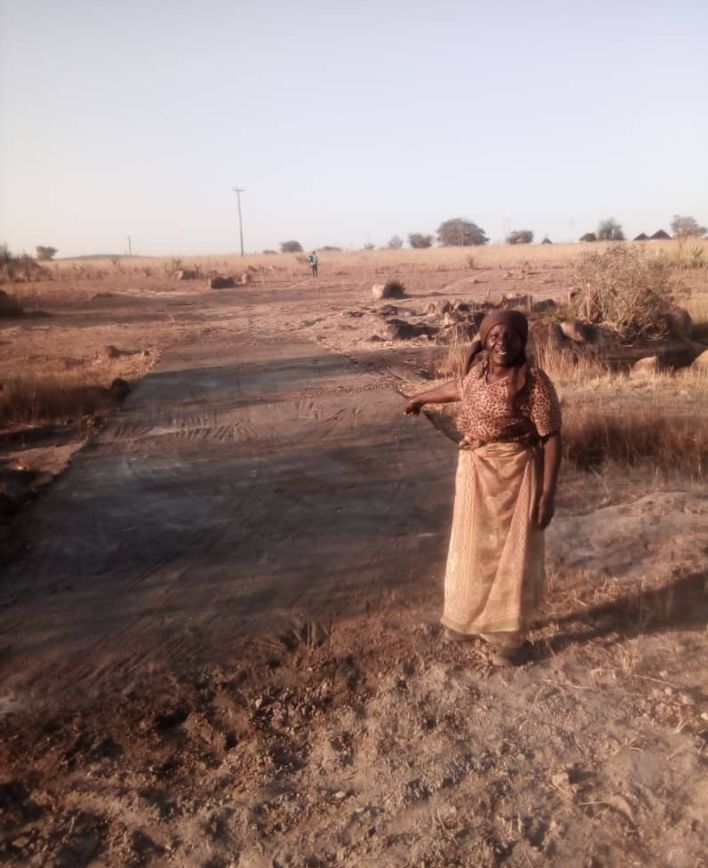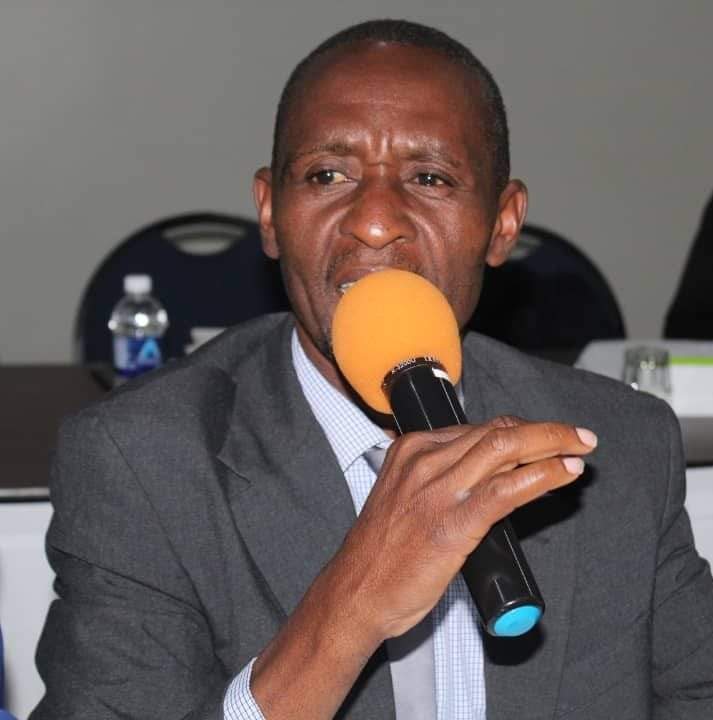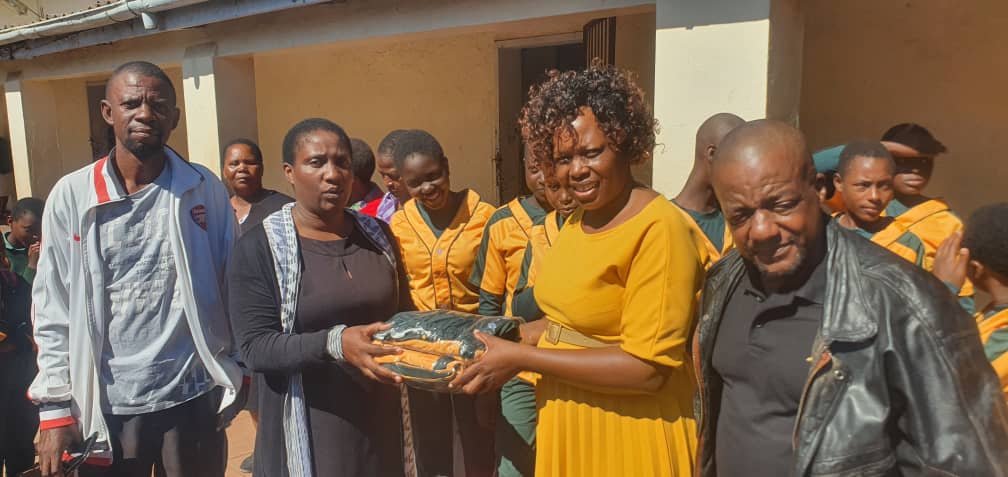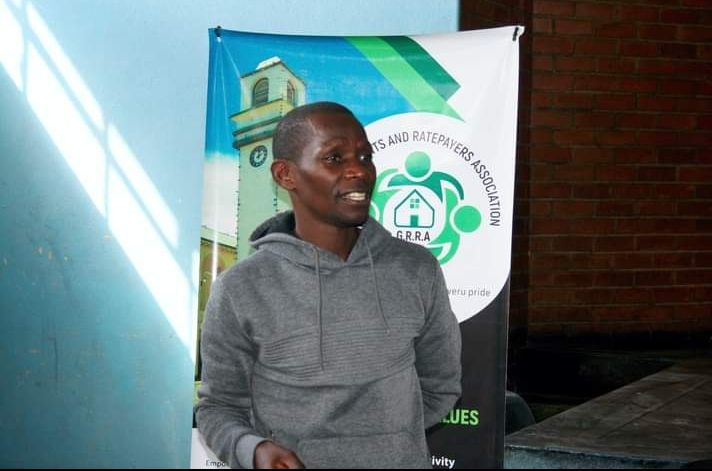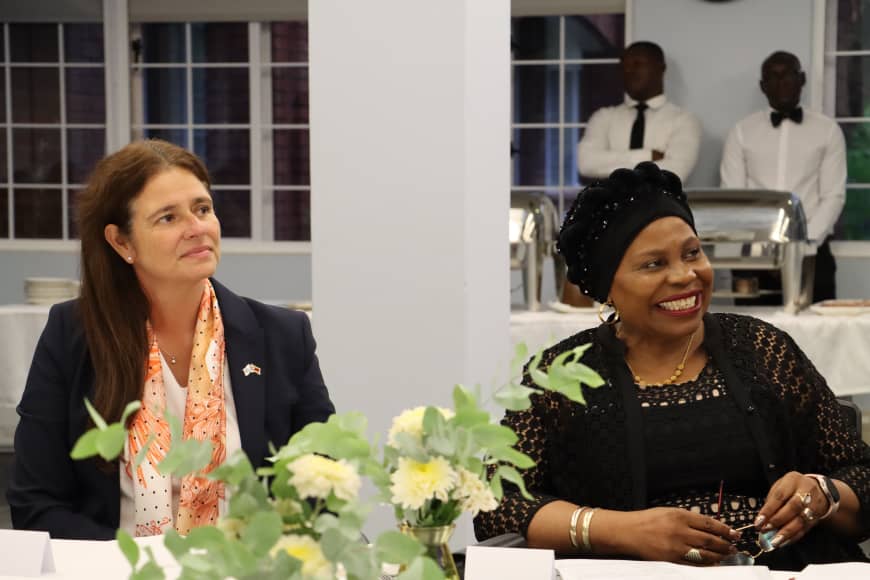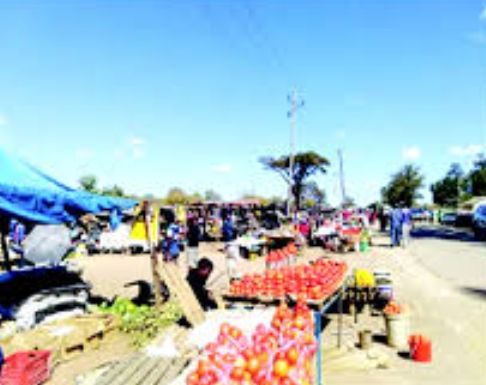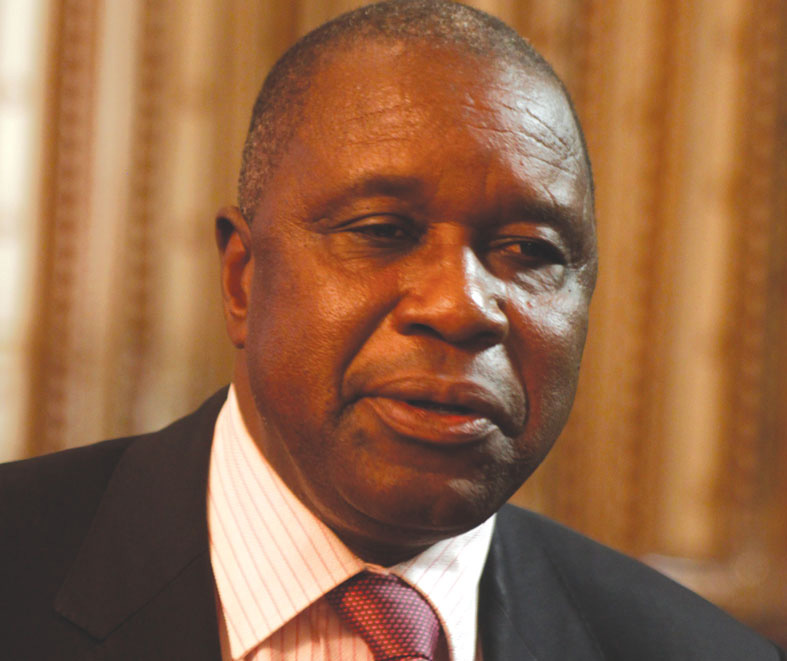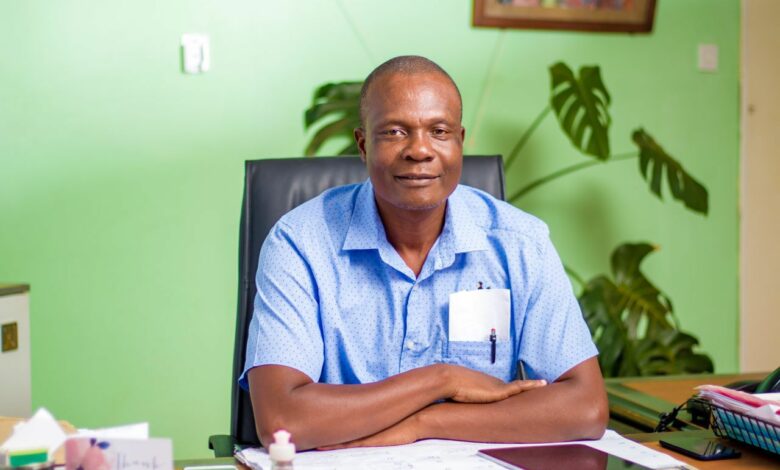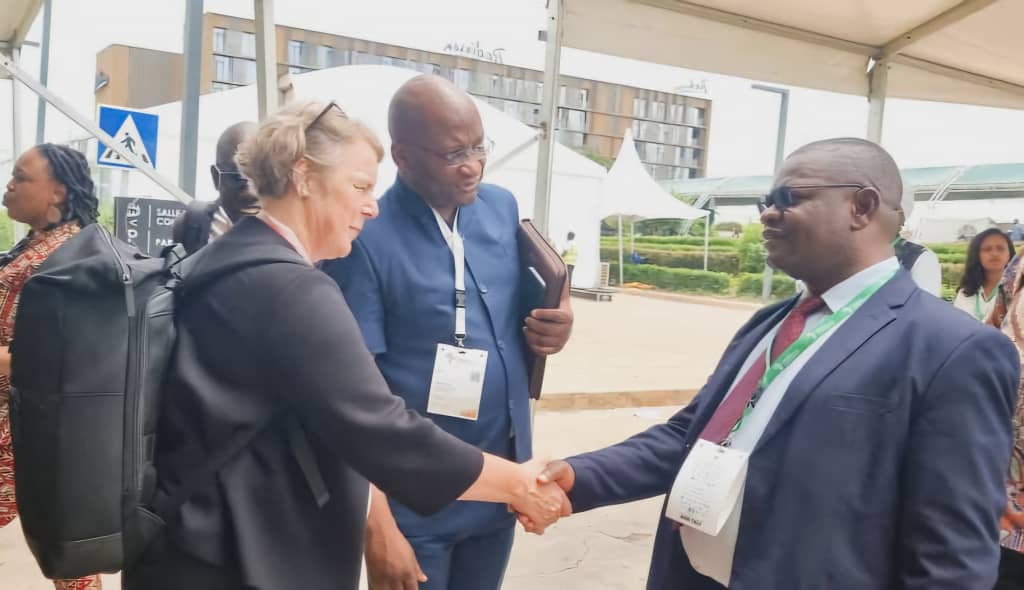
By Martin Mawaya
NAIROBI– Zimbabwe’s agriculture ministry says it has saved more than 90% of its drought stricken national cattle herd through emergency feed and water schemes.
The ministry however, warned that recurring climate shocks and transboundary diseases threaten to erode the gains without deeper international partnerships.
This was said by Lands and Agriculture Permanent Secretary Professor Obert Jiri during a ministerial dialogue on livestock at the Africa Food Systems Forum (AFSF) in Nairobi on Tuesday.
Prof Jiri said livestock remains the “bedrock of livelihoods” for over 60% of Zimbabwe’s population and a central driver of the country’s economic recovery strategy.
“Livestock is not a subsector. It is the foundation of nutrition, jobs and growth in Zimbabwe,” Prof Jiri said.
Collaboration the way to go
He further called for urgent collaboration with international research institutes and development agencies to secure long-term resilience.
Zimbabwe rolled out ward-level drought mitigation centres across its 1,620 rural wards during the 2023/24 El Niño drought, providing feed, water and dipping facilities for cattle.

The intervention shielded most of the country’s 2 million vulnerable cattle, he said, adding that the government will soon launch a national feed and fodder strategy.
The country has also expanded vaccination campaigns against Foot and Mouth Disease (FMD), introduced artificial insemination to boost dairy and beef productivity, and sought to expand value-addition in meat, leather and dairy chains.
Prof Jiri said Zimbabwe’s biggest obstacles remain regional disease threats such as January Disease (Theileriosis) and FMD, and the need for climate-smart production models to adapt to harsher drought cycles.
He urged support for stronger disease surveillance, scalable feed innovations and more robust livestock data systems.
“With ILRI we see scope in vaccine development, with AU-IBAR in harmonising policies and early warning systems, and with GIZ in private sector investment for processing and farmer skills development,” Prof Jiri added.
He added that Zimbabwe is ready to learn from peers on innovative financing and public-private partnerships in the livestock sector.
“The transformation of Africa’s livestock sector is not a choice but a necessity,” Jiri said. “This must be the moment we move from dialogue to action.”



